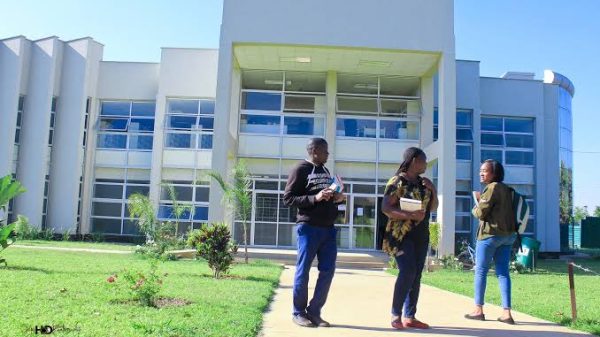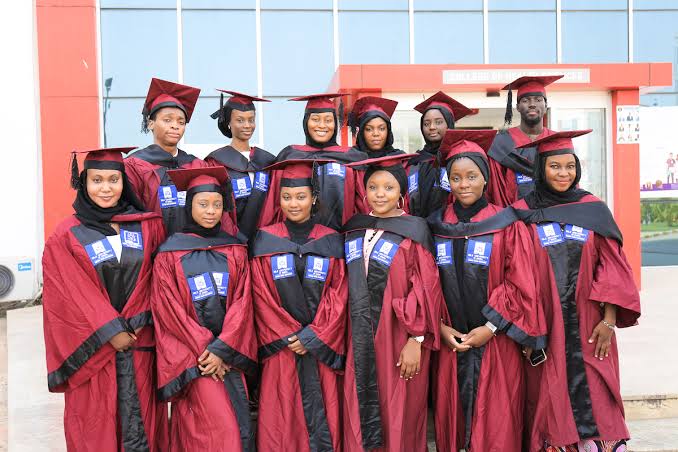Best University To Study Economics In Nigeria
Best university for Economics in Nigeria can be subjective, as preferences and goals vary. However, several universities consistently rank high for their Economics programs. Here are some top contenders:
Top Contenders:
-
University of Ibadan (UI): Renowned for its academic excellence, research facilities, and alumni success. The program boasts highly qualified faculty, a rigorous curriculum, and strong links to the Central Bank of Nigeria.
-
Obafemi Awolowo University (OAU): Offers a comprehensive curriculum with in-depth theoretical foundations and practical skills development. Students gain valuable analytical and decision-making skills through case studies and simulations.
-
University of Nigeria, Nsukka (UNN): Features a well-structured program with diverse specializations like Development Economics, Econometrics, and Public Finance. The program emphasizes policy-oriented research and collaboration with international institutions.
-
University of Lagos (UNILAG): Located in the economic hub of Lagos, the program provides ample internship opportunities and exposure to real-world financial markets. Its curriculum focuses on quantitative analysis and economic modeling.
-
Covenant University: Offers a strong program with a Christian values-based approach. The curriculum balances theoretical knowledge with ethical considerations and prepares students for responsible leadership roles in the economy.
Other Notable Mentions:
- Ahmadu Bello University (ABU)
- Bayero University Kano (BUK)
- Nnamdi Azikiwe University, Awka (UNIZIK)
- University of Ilorin (UNILORIN)
FAQs and Answers
What are the job prospects for Economics graduates in Nigeria?
Economics graduates can pursue diverse careers in finance, banking, consulting, government agencies, policy analysis, research institutions, and non-profit organizations. The Nigerian economy presents ample opportunities, with increasing demand for skilled economists in various sectors.
What are the entry requirements for Economics programs in Nigerian universities?
Typically, admission requires five O’Level credits in Maths, English, Economics, and two other relevant subjects (e.g., Commerce, Government). A good score in the Unified Tertiary Matriculation Examination (UTME) is essential. Alternative pathways include A’ Levels or relevant diplomas with high grades.
What are the scholarship opportunities for Economics students in Nigeria?
Several scholarship programs cater specifically to Economics students in Nigeria, offered by universities, government agencies, and private organizations. Researching and applying for scholarships early can significantly reduce financial burden.
What are the extracurricular activities available for Economics students?
Many universities have active Economics student clubs and associations, offering opportunities to participate in debates, conferences, simulations of economic scenarios, networking with professionals, and developing research skills.









